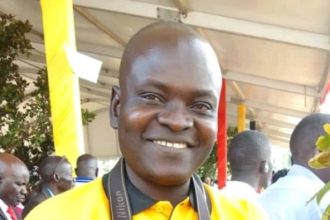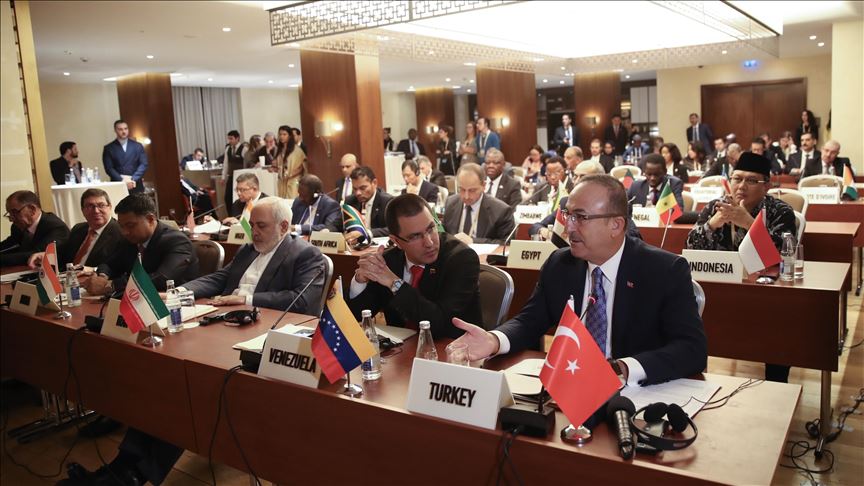Kotido, Uganda — In a bold move to strengthen community development and bolster socio-economic reform, Kotido District held its annual review for the Parish Development Model (PDM)—Uganda’s flagship poverty eradication initiative.
The full-day event was not only a review of program progress but also a symbolic launch of renewed leadership, marked by the induction of 19 newly appointed parish chiefs entrusted with driving local transformation.
Hosted at the district headquarters and opened by the Deputy Chief Administrative Officer, Lochoro Daniel, the meeting drew representation from political, administrative, and technical stakeholders. All sessions conveyed a serious undertone: PDM is not charity—it’s structured development, and everyone has a role to play.
Understanding the Parish Development Model
The Parish Development Model is in its third year of implementation and is grounded in seven pillars aimed at bridging service delivery and enabling citizens to transition from subsistence to market-driven economies. These pillars include production, infrastructure, financial inclusion, mindset change, ICT, and governance.
District Commercial Officer Obita Francis provided a comprehensive overview, reiterating that parish transformation depends on clear procedures and unwavering integrity.
“This is money for development, not personal income. If any of you have accessed PDM funds for private use—return it,” he said.
He guided participants through the minimum package of services expected under PDM and emphasized that profiling must be done using GPS technology, not informal methods “under trees.” Every parish must maintain data integrity.
Responsibilities for New Parish Chiefs and Town Agents
The 19 new parish chiefs were advised on their duties, which include:
- Providing training to Parish Development Committees (PDCs)
- Leading community vetting and payment coordination
- Offering accountability for all PDM activities
- Supporting SACCO operations and community groups
Obita warned that parish chiefs must not be passive administrators but visible agents of change.
“You’re the link between policy and the people. Let’s open offices, put up signposts, and love our work.”
PDM SACCOs and Practical Training Centres (PTCs)
A major aspect of the review was the role of PDM SACCOs in establishing Practical Training Centres (PTCs). These centers are designed to:
- Prepare selected beneficiaries for successful enterprise development
- Conduct profitability analysis, hands-on sessions, and certification
- Offer mentorship and post-training linkage to SACCOs
So far, Kotido has achieved 76 percent performance of PDM, and July marks the start of loan repayments from trained beneficiaries. SACCO leaders were cautioned to avoid giving out money to untraceable individuals and instead build sustainable enterprise groups.
ICT Tools and Human Resource Discipline
Tourism Officer Taban Magyezi trained new staff on the management and use of ICT gadgets, such as tablets distributed for field operations. He stressed honesty and proper handling, warning that poor tech management can lead to manipulation and fraud.
ICT Officer David Lokure reinforced protocols for safeguarding government-issued devices, managing data, and minimizing unauthorized access.
The Human Resource team also addressed issues of absenteeism, poor communication practices, and appraisal filing. New staff were told to stop complaining about long distances and instead cultivate resilience and professionalism.
A Candid Warning from DISO
Lt. David Aisu, the District Internal Security Officer, delivered one of the most powerful no-nonsense messages of the day. He praised the district for achieving 100 percent staffing across 58 parishes but cautioned that accountability must match the numbers.
“Some of you are still disbursing money from last year—and that failure threatens the district’s credibility. Extortion and favoring family members must stop.”
He announced that there will be no bail or bond for anyone caught embezzling or misappropriating PDM funds. Chiefs were also reminded to declare any gifts received in the name of appreciation and to stay objective during vetting processes.
Voices from the RDC and Next Steps
Assistant RDC Lokwii Peter Abrahams described the meeting as a model of organizational practice and reflection. He called upon civil servants to avoid politicizing development by denying services to people based on political camps.
“We shall not tolerate discrimination. PDM is for every Ugandan. If we find you using political bias to block someone’s access—we will arrest you.”
The RDC also announced a plan to massively enroll Karachuna youth into PDM in the next financial year to promote peace and development. Chiefs were encouraged to visit the RDC office to begin this enrollment process.
A Unified Call for Change
The meeting closed with clear instructions and heartfelt appeals: open your offices, be available in your parish, encourage saving, help citizens invest wisely, and refrain from alcohol and favoritism.
There was also a strong reminder to go back to school, improve computer skills, and treat the PDM tablets like tools—not toys. Chiefs were encouraged to collaborate with peers and actively consult when faced with technical or implementation challenges.
The tone across the review was serious yet hopeful: if all stakeholders do their part, PDM will move beyond policy into the hearts of the people it was meant to serve.




















